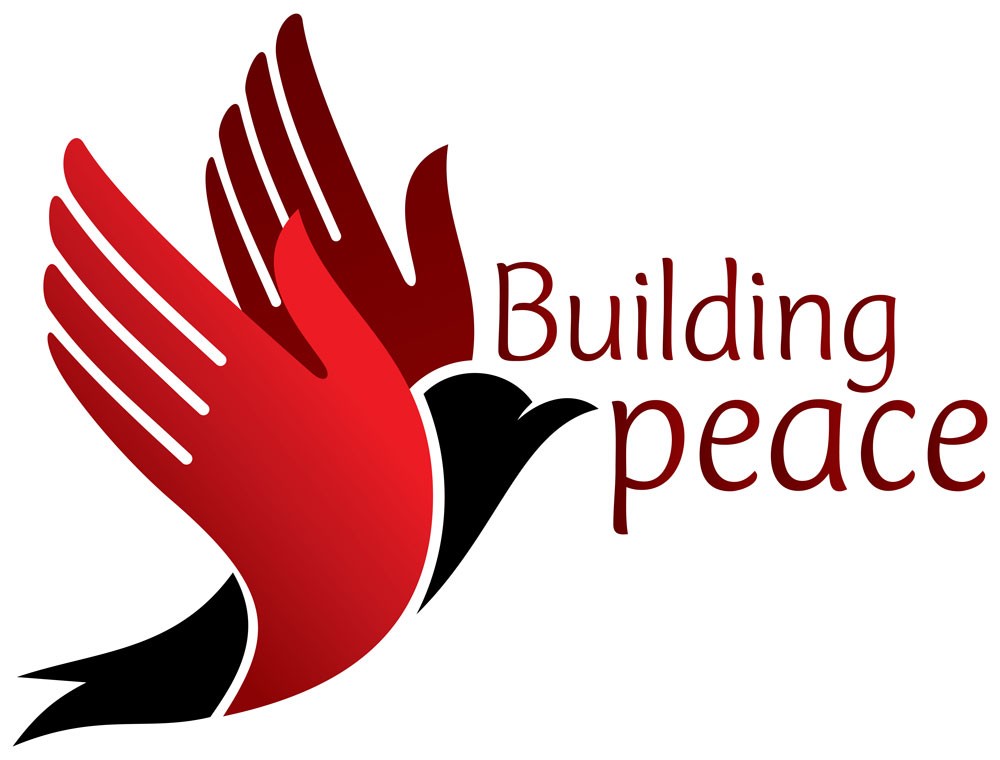
Can jobs plus therapy for at-risk men cut gun violence?
This is the third article in our “Building Peace” series in Crain’s Chicago Business posted June 7. It was written by Eddie Bocanegra, senior director of READI Chicago at Heartland Alliance, and Roseanna Ander, founding executive director of the University of Chicago Crime Lab.
Anthony, 22, is a father of two young children who lives with his mother and grandmother in Austin. He grew up there and followed the adult men in his life into the streets. He has been arrested for robbery and been shot multiple times. A felony charge for possessing a firearm landed him in prison, and he hasn’t been able to find work since.
Anthony’s story is all too familiar in Chicago. In 2016, guns killed 27.8 people out of 100,000 in the city, a rate seven times that of New York despite being a city one third the size. The University of Chicago Crime Lab estimates the financial toll of this violence at $4.4 billion, fueling population loss and increasing economic inequality. Though astronomical, this figure pales beside the devastation it causes for families and communities.
In response, Heartland Alliance, along with the University of Chicago Crime and Poverty Labs and seven community organizations, have begun the Rapid Employment & Development Initiative. READI Chicago, launched in fall 2017, is an ambitious, multiyear effort focused exclusively on helping individuals at highest risk of discharging a weapon or being the victim of violence. We connect these young people—most of whom are African-American men between 18 and 30—to transitional jobs, cognitive behavioral therapy and coaching. Why? Because evidence suggests that decisions that drive violence are often made in the moment and can be changed, and that transitional jobs and therapy can reduce involvement in violence.
The full text of the article is here.
Part One: Chicago Funders on Gun Violence: ‘We Do Not Have Time to Waste’
Part Two: Think Illinois Has the Country’s Toughest Gun Laws? Think Again

